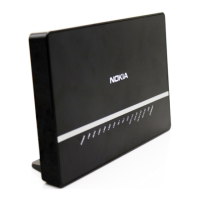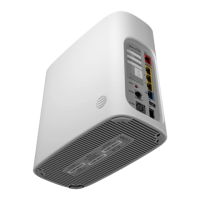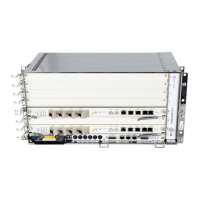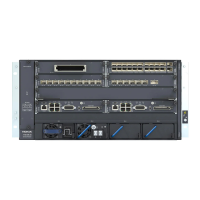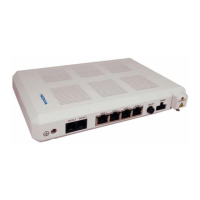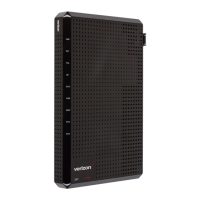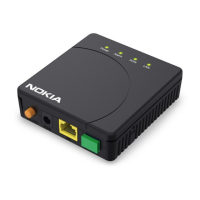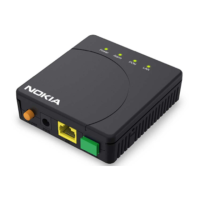Events and Logs
124
"FD 100/320Gbps NT and FX NT IHub System
Basics, Management and OAM Guide"
3HH-11982-AAAA-TQZZA Issue: 10
6.8.3 Log Filter Commands
6.8.3.1 filter
Table 113 filter command
Parameters application-id — The application whose events are affected by this event control filter.
Default: None, this parameter must be explicitly specified.
Values: A valid application name. To display a list of valid application names, use the
applications command. Valid applications are: bgp, debug, dhcp, filter, igmp_snooping, ip, isis,
lag, ldp, logger, mirror, mpls, ospf, port, rip, route_policy, security, snmp, stp, svcmgr, system,
user, vrtr
event-name | event-number — To generate, or revert to default for a single event, enter the
specific number or event short name. If no event number or name is specified, the command
applies to all events in the application. To display a list of all event short names use the
event-control command.
Default: none
Values: A valid event name (maximum 32 characters) or event number (0 - 4294967295).
generate — Specifies that logger event is created when this event occurs. The generate
keyword can be used with the optional parameter severity-level.
severity-level — An ASCII string representing the severity level to associate with the specified
generated events
Default: The system assigned severity name
Values: cleared, indeterminate, critical, major, minor, warning.
suppress — This keyword indicates that the specified events will not be logged. If the
suppress keyword is not specified then the events are generated by default. For example,
event-control bgp suppress will suppress all BGP events.
Default: generate
Item Description
(2 of 2)
Item Description
Syntax [no] filter filter-id
Context configure>log
Description This command creates a context for an event filter. An event filter specifies whether to forward
or drop an event or trap based on the match criteria.
Filters are configured in the filter filter-id context and then applied to a log in the log-id log-id
context. Only events for the configured log source streams destined to the log ID where the
filter is applied are filtered.
Any changes made to an existing filter, using any of the sub-commands, are immediately
applied to the destinations where the filter is applied.
The no form of the command removes the filter association from log IDs which causes those
logs to forward all events.
(1 of 2)
